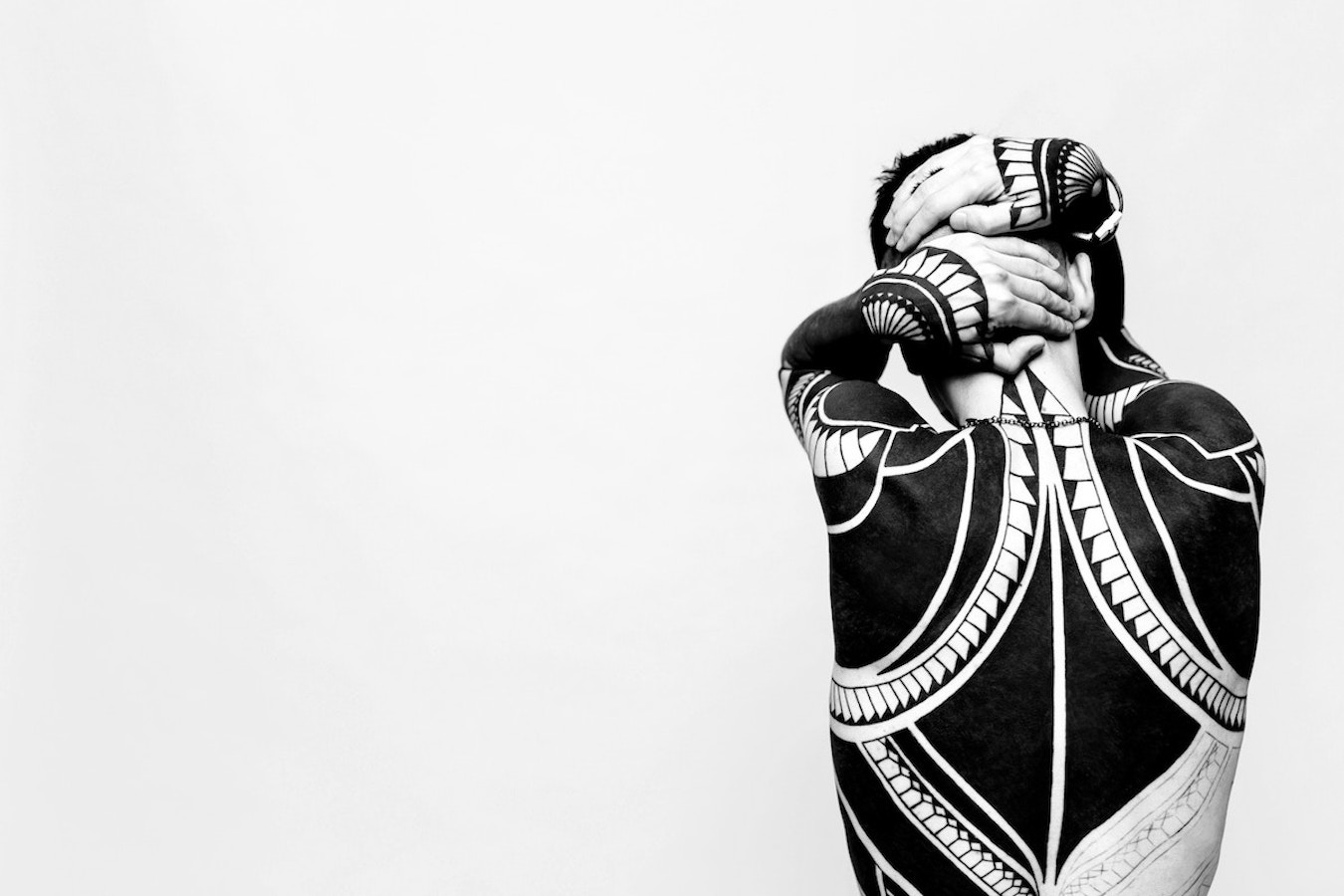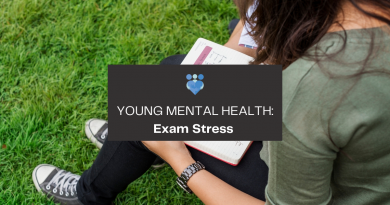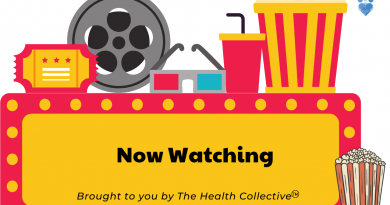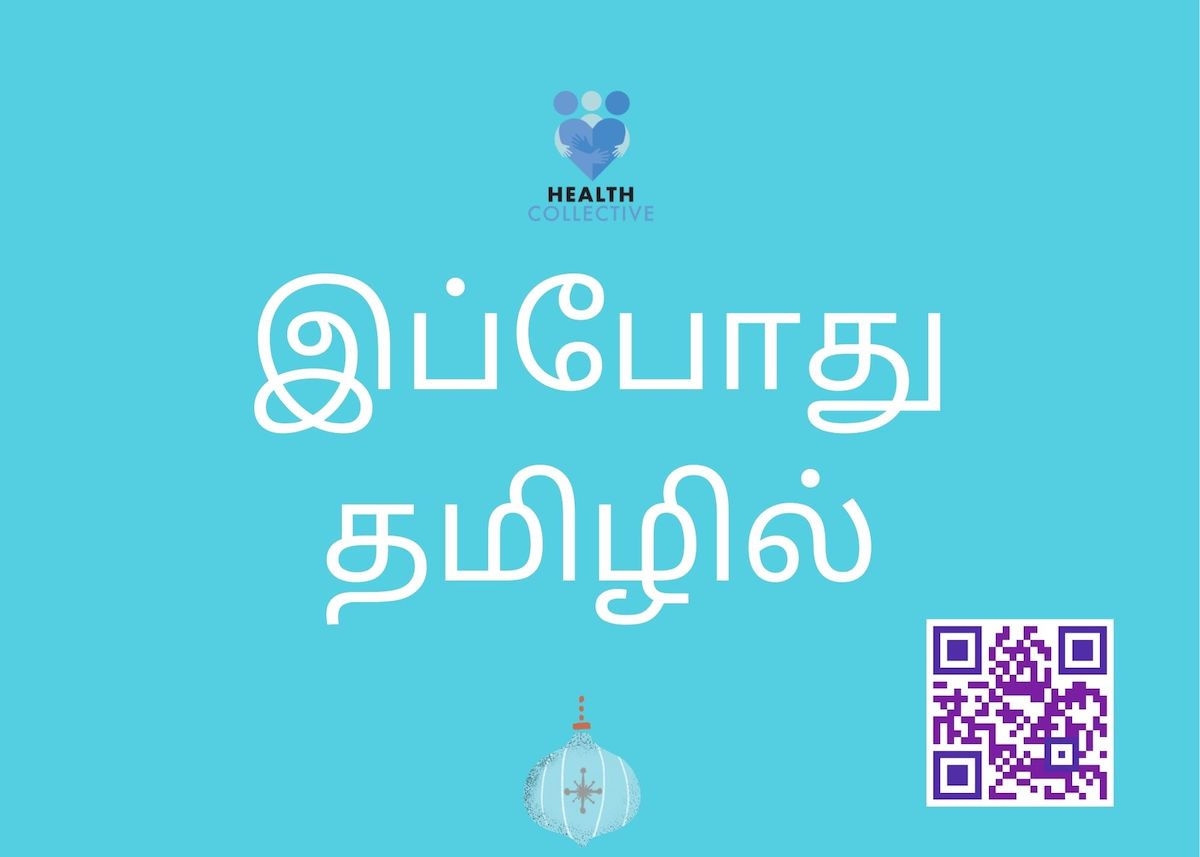Body Image and You: Digging Deeper
By Sukanya Sharma
Just last year, social media was flooded with notifications about this new app called Sarahah, which everyone seemed to be obsessed about! it was an app that allowed people to send anonymous messages. Realising the opportunity for an honest conversation, Swarnima Bhattacharya, founder of TheaCare, a women’s health website (formerly called Women’s Health Line) started a thread asking women to anonymously send in their queries about their health, body, and sexuality that they were too embarrassed to get an answer for otherwise.
“We got over 3,000 queries in just one week, where (the) majority of the questions related to body image issues that the person was facing”, Bhattacharya tells The Health Collective.
People wrote in about heavy thighs, small breasts, issues with body image and sex, feeling fat, partners not being okay with their bodies… as well as questions on how to buy the right bra, or how to dress better. Questions that gnawed at women’s self-esteem reflected comments that came not from strangers, but friends, family members, spouses.
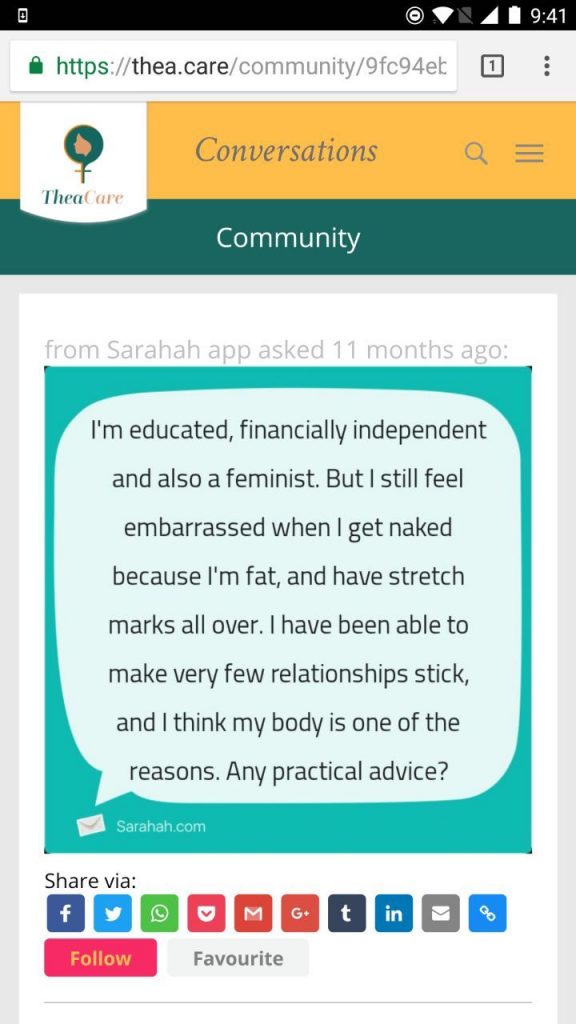
What is Body Image
According to research done by The International Journal of Indian Psychology, body image is a multi-dimensional construct. They define body image to be: “a self-attitude towards one’s body, be it with size, shape or aesthetics.” A very important aspect to be noted, according to the research, is that body image is not the same as physical attractiveness.
“Our perceptions about our body are not always same as others see us, or an independent realistic schema. Body image is influenced by several agencies in society. There are a variety of factors such as media, culture, gender, family and peers that influence the development of body image. Regardless of people’s actual physical characteristics, their own perceptions, beliefs, and feelings about their appearance determine how they believe others view them and their body image.”
The Study
Bhattacharya decided to carry out out her own independent survey of 550 women between the ages of 25-40, from Tier Two cities in India. She analysed the participants’ answers with Shikha Gandhi from TheaCare and has recently published the report as ‘Beautifulfillment: A Campaign for a Healthy Body Image’.
Some of the key takeaways included:
- 55% of women have received uncomfortable comments on their bodies and physical attributes
- 87% of women have felt scared about the prospect of becoming fat
Bhattacharya tells The Health Collective, “We think of body image as a shallow thing, but the psychosis can be much deeper. Women have always been censored in terms of what to wear, how to behave, what is acceptable, what is forbidden, and this impacts their self-esteem. There are many survivors of abuse, women who went through painful childbirth, who do not share a positive relationship with their body. This is not just about acceptance, but a lot about other social and economic factors.”
ALSO READ: YOUR STORIES: OVERCOMING AN EATING DISORDER
Another piece of India specific research was done by Manipal University back in 2016, surveying 550 students at pre-university colleges in Udupi, Karnataka. The stated aim was
“To estimate the proportion of adolescents who have concerns about their body image and to understand the relationship between eating attitudes, media and famous personalities with body image concerns.”
Researchers found that 31.09% of participants surveyed had the tendency to develop an eating disorder, and be influenced by famous personalities.
Adolescence is a vulnerable age where our actions and thoughts are influenced by what we see and hear around us. The WHO states that many mental health problems emerge in late childhood and early adolescence, in particular depression. There are studies to show that body image is associated with anxiety, social phobia, and depression in adolescents.
ALSO READ: ASK THE EXPERTS: CHILD AND ADOLESCENT MENTAL HEALTH
Clinical psychologist Kamna Chhibber tells The Health Collective that body image concerns have always been present in modern day society. “Everyone would like to look good and how they define that can determine what they think of themselves,” she tells The Health Collective, highlighting how there are changing norms on what looks good, as well as definitions coming in from society, the media, and peers.
“The excess focus on what food does to your body instead of looking at the need for healthy food which is balanced by physical activities is another contributing factor that shifts the dialogue to how one looks,” Chhibber adds.
While this recent study by TheaCare has raised some concerns, what does the group plan next?
“There are two ways in which we’re communicating to women who come to us with these concerns. One, of course, is to connect them with a mental health help. The second, is to encourage them to be a part of our forum, an online community, that understands the struggles you’re going through. We’ve tried to provide a safe space for these women to have a conversation about what is troubling them”, says Bhattacharya.
And what do you need to know? Here’s Chhibber’s advice, for starters:
- It is important to focus not on having a specific body type but instead on being healthy physically and emotionally
- This implies laying more emphasis on moving away from our sedentary lifestyles, bad sleep routines, preoccupations with our gadgets and promoting healthy food habits, exercise routines and encouraging people to be more active generally
Editor’s Note: If you or someone you know suffers from body image disorder or an eating disorder, please don’t hesitate in getting help. Check here for a publicly available list of mental health professionals by city.
Views Expressed are Personal. Material on The Health Collective is not intended to and cannot substitute for expert advice from a trained professional.
Feature Image Courtesy: Photo by Jake Davies on Unsplash

